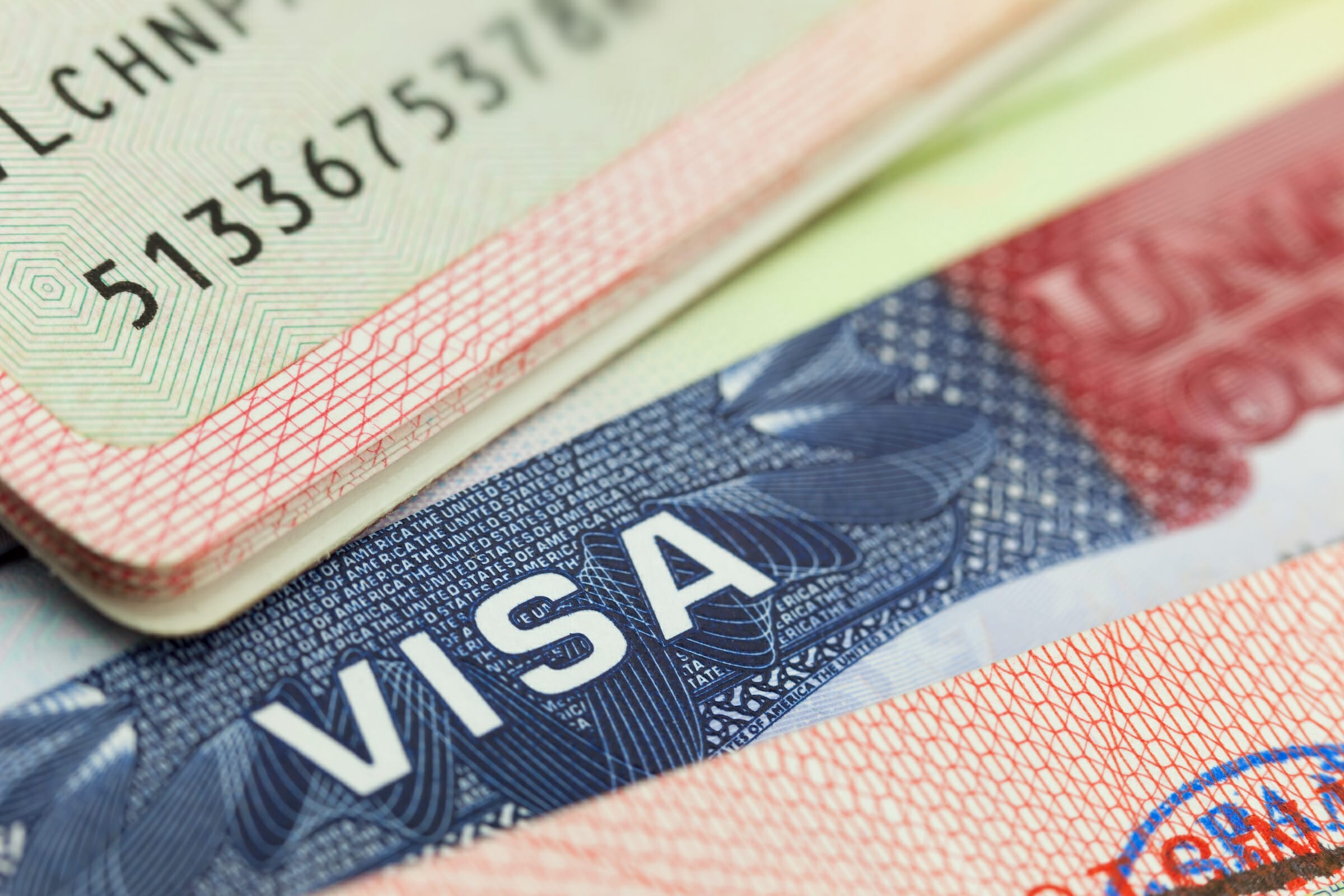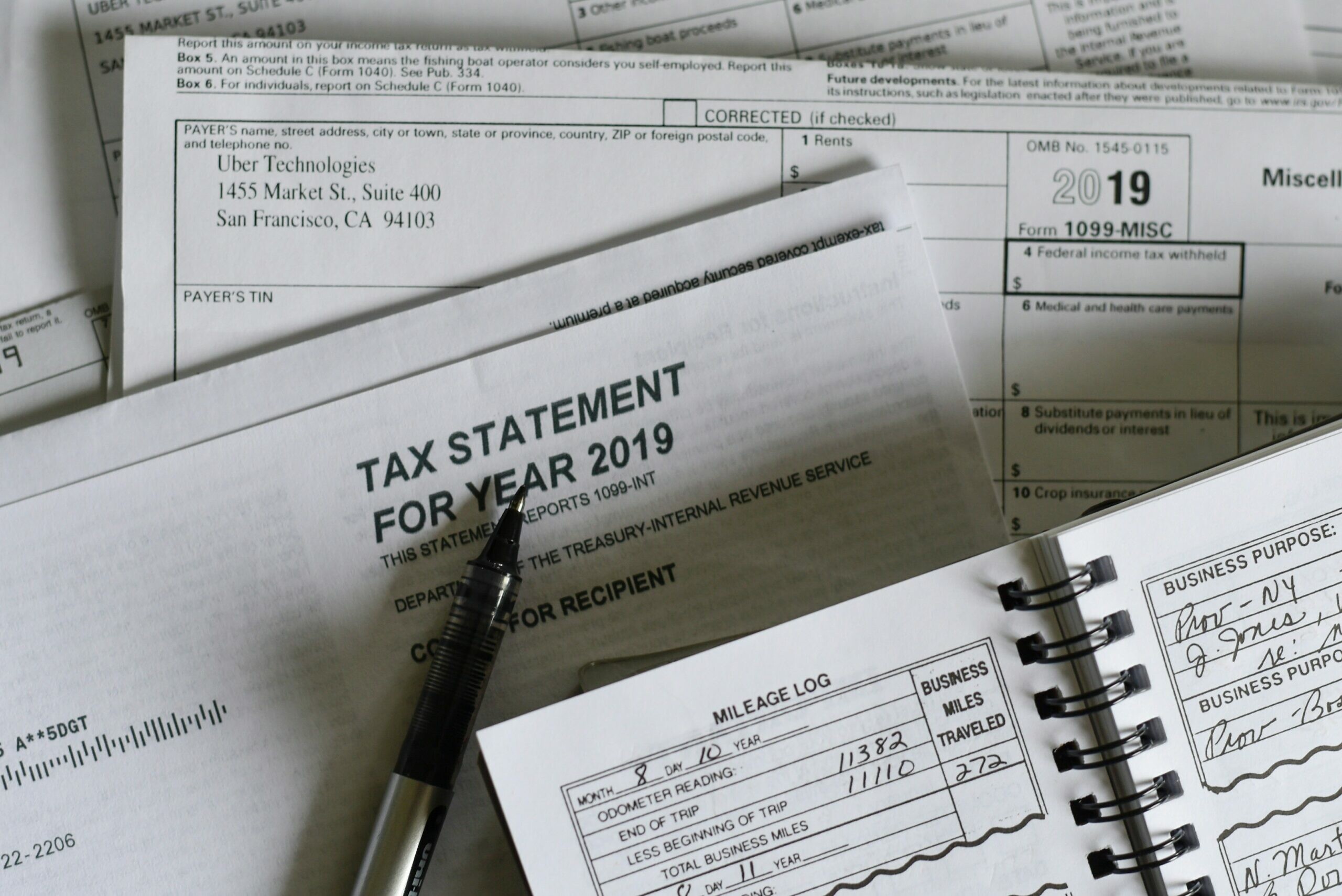In Thailand, Child Custody is defined as the physical and legal rights of parents over their children. Currently, Thai law stipulates that the mother has sole custody of her children. However, an unmarried father can obtain custodial rights if he registers his legitimation with the district office.
Family court judges will consider the best interests of the child when determining custody decisions. They will look at several factors, including parental power and finances.
Joint custody
Child custody is one of the main issues in a divorce case. It also can be a major dispute between married couples or even unmarried parents. The term “custody” refers to the physical ‘guardianship’ of a child and can be sole or joint. Under Thai family law, individuals who are legally established as parents receive parental power (clause 1568 CCCT).
Fathers can seek custody rights by registering legitimation with the local district office and receiving consent from the mother. However, they are not legally recognized as legal fathers until paternity is formally recognized by a court of law.
A judge in Thailand will decide which parent should be granted custody and may assign a guardian to oversee the children. This decision is based on the best interests of the child. The judge will consider a variety of factors, including the emotional bond between the child and the parent and the parent’s ability to care for the child.
Sole custody
In Thailand, both parents have equal rights and responsibilities in terms of child custody. However, there are some instances where the father or mother may wish to delegate their parental powers to someone else. In this case, they must first enter into a written agreement with the other parent. The agreement should be signed by two witnesses and registered at the district office.
Custody disputes can occur during a divorce, or between unmarried parents. In such cases, the court will take into account what is in the best interests of the child. In general, the mother is favoured in this type of dispute.
For married parents, the best way to settle their custody issues is to enter into a mutual agreement. However, this is not always possible. For example, if the father is planning to send the child abroad to study, this will require a formal agreement between the parents. In addition, the father will have to register a legitimacy case in order to obtain his parental rights.
Visitation rights
Regardless of the specifics of the situation, navigating child custody issues in Thailand can be emotionally challenging and legally complex. As such, it is important to seek professional legal advice to ensure your rights and those of your child are protected.
The law dictates that parents are entitled to the full control of their children, which is known as parental power or authority, until they reach adulthood. This includes the duty to provide financial, emotional and moral support to their children.
Custody arrangements can be sole or joint, depending on the circumstances of the case. Thailand courts generally favor joint custody, believing that a child benefits from a close relationship with both parents. They also consider the parent’s behavior and capacity to care for their children. They may also send the parents to an Observation and Protection Center for evaluation. This is an expert who conducts interviews with the child and prepares a report for the court.
Legal custody
Child custody is a hot topic in Thailand. This issue can be determined when there is a divorce or when the child’s parents pass away. It can also be debated when there is a case of domestic or international child abduction.
In general, women who are birth mothers have full parental rights and responsibilities for their children. Fathers, however, can acquire their parental and custody rights only after they have established legal paternity. This can be done through a legal marriage to the birth mother or through child legitimization.
When determining a child custody case, the court will consider the best interest of the child as its top priority. This is similar to the standard used in Western countries as well. The court will look at factors such as the emotional ties between the child and the parent, the ability of the parent to provide a stable home environment, and the moral conduct of the parent.






